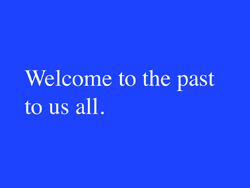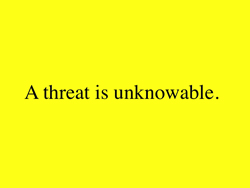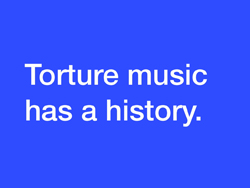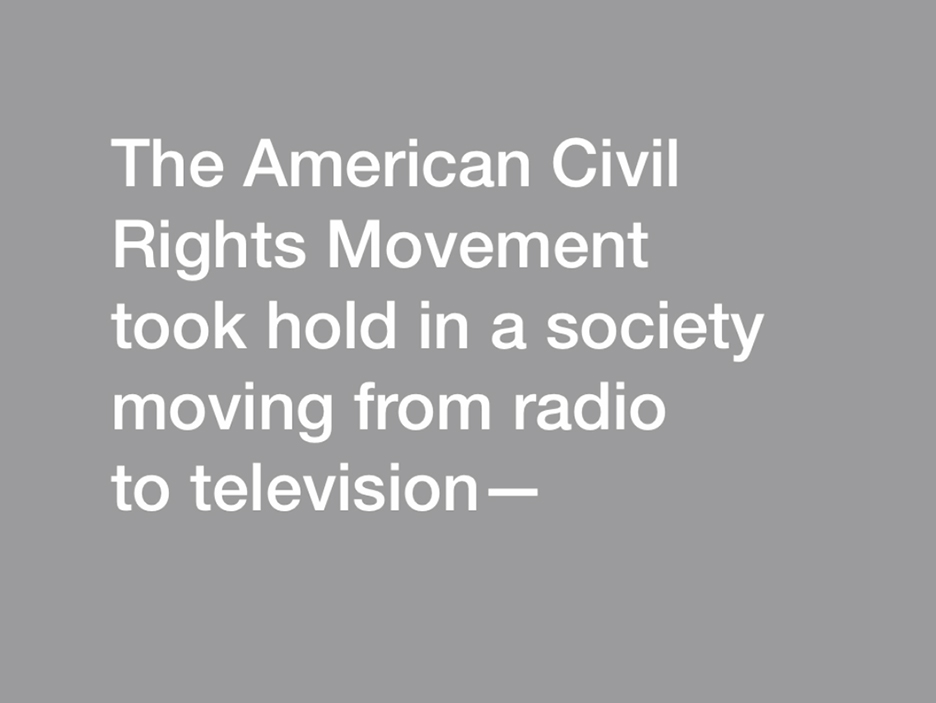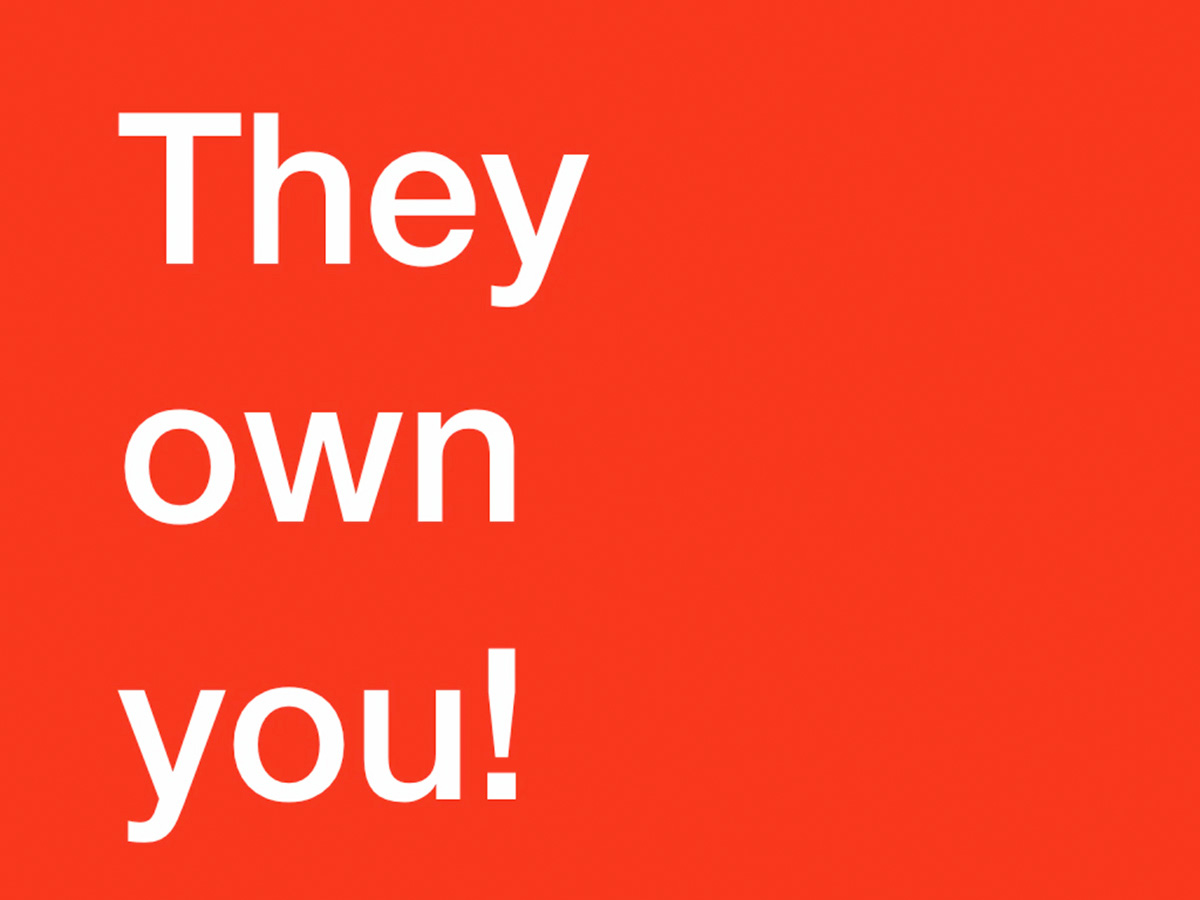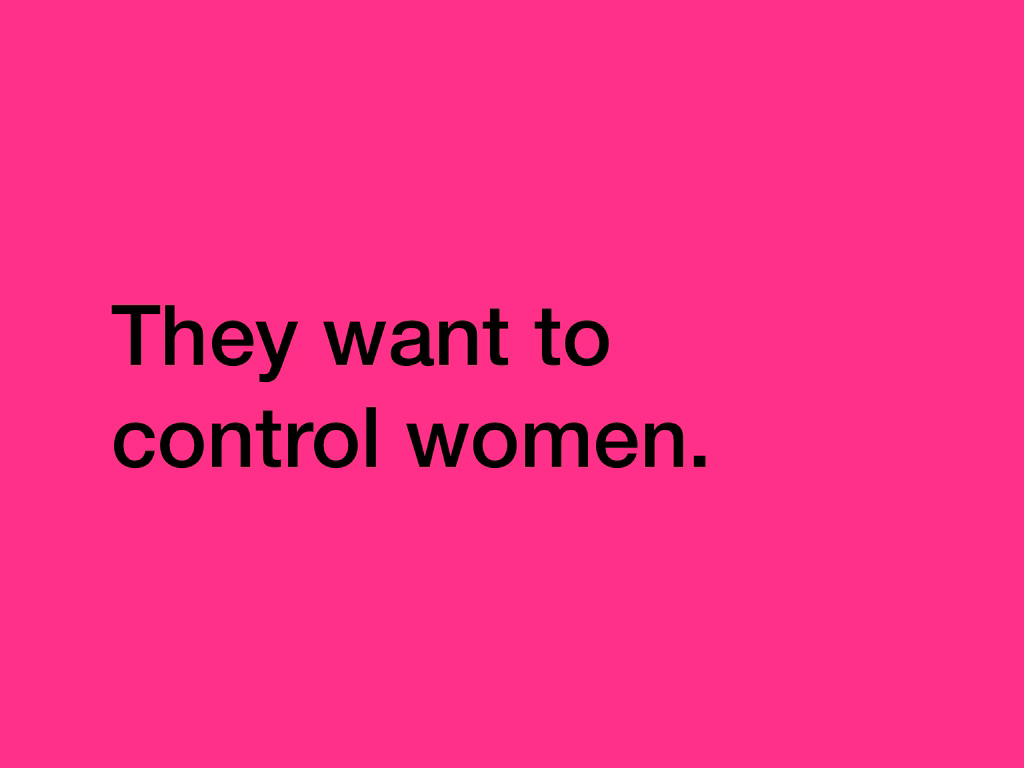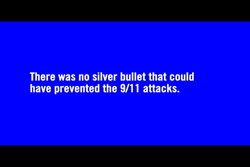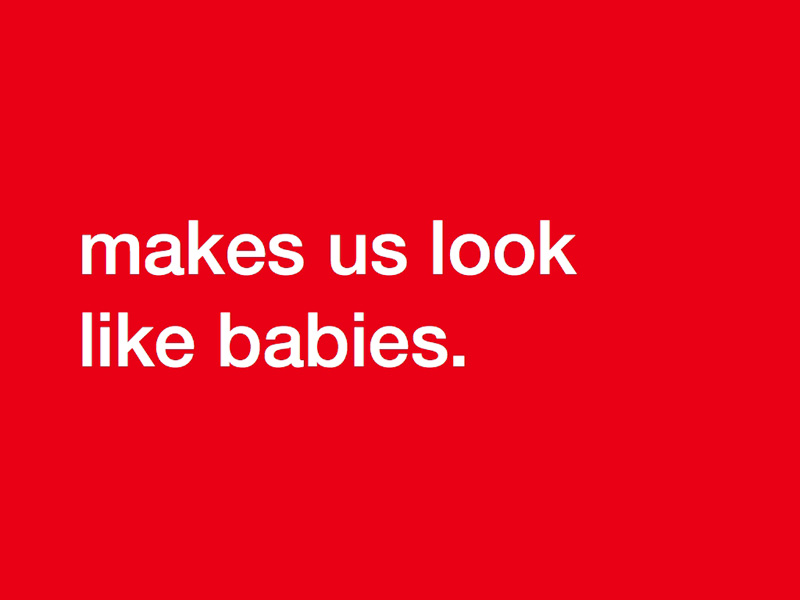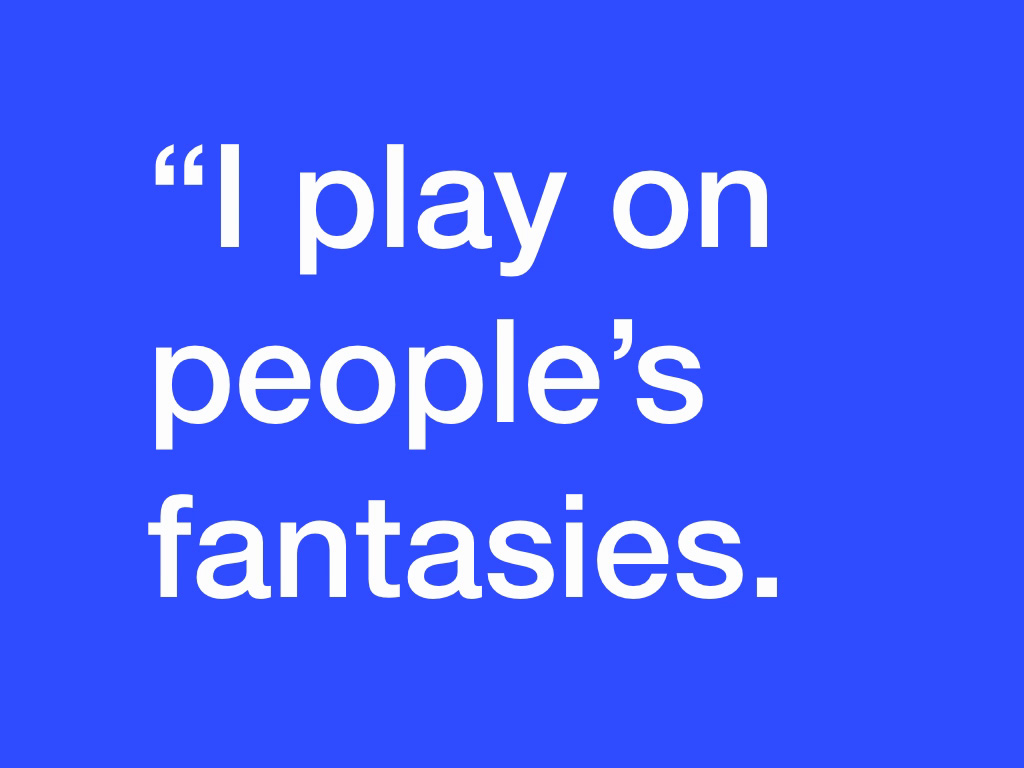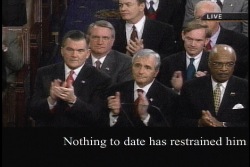Search Results
Search Results
Title Results
Your search returned 803 Titles
Cokes writes, "Evil.11 (The Katrina Debacle) is a text animated essay about the Bush Administration's response to the 2005 Hurricane Katrina disaster. The text is based on an e-mail I received in Korea in the immediate aftermath of the events. Juxtaposing three songs from diverse pop musical genres with minimal graphic and textual animation techniques, the video reframes a highly charged emotional and political reading of the disturbing events, its media imagery, and the deeply flawed presidential reaction."
Writes Cokes, "Evil.12 is a 12-minute video animation with sound. The text is excerpted from Brian Massumi's essay 'Fear (The Spectrum Said),' which discusses the Bush Administration's terror alert color-coding system as a method to modulate public affect via media representation...The insertion of a soundtrack by Modeselektor with uncanny vocals from Paul St. Hilaire (remixed by Dabrye) seeks to double (ghost) and thereby underline the point of Massumi's complex media textual analysis."
Writes Cokes, "Evil.16: Torture.Musik animates excerpts from an article by Moustafa Bayoumi that was originally published in The Nation magazine on December 26, 2005. While surveying the topic I found this article to be a key and cogent text in a body of reportage and scholarship devoted to the military use of music and sound as a weapon, a form of psychological manipulation, or torture. The soundtrack features a playlist of songs or artists documented as being used in U.S. spy-ops and torture programs."
Evil 35: Carlin / Owners (2012) pairs an excerpt from a characteristically cantankerous screed by the late stand-up comedian George Carlin with two songs by British agit-prop post-punk group Gang of Four. These two cultural texts—one from a Bush-era HBO comedy special, the other from Thatcher-era...
Cokes continues his investigation of the uses of appropriated text and pop music as a form of political critique. Statements on the Iraq war and Bush's "war on terror" by Donald Rumsfeld, Colin Powell and Richard Clarke, among others, are displayed as on-screen text against flat bands of color; the graphic presentation and accompanying pop soundtrack suggest commercial advertising strategies.
Evil.6 animates an edited transcript from George W. Bush's 2003 State of the Union Address, in which he outlines his case for the invasion of Iraq and toppling Saddam Hussein's dictatorship. The text is juxtaposed with video images and sounds from Intelligence Failures by Benj Gerdes, which isolates only the pauses between sentences from the same televised speech.
